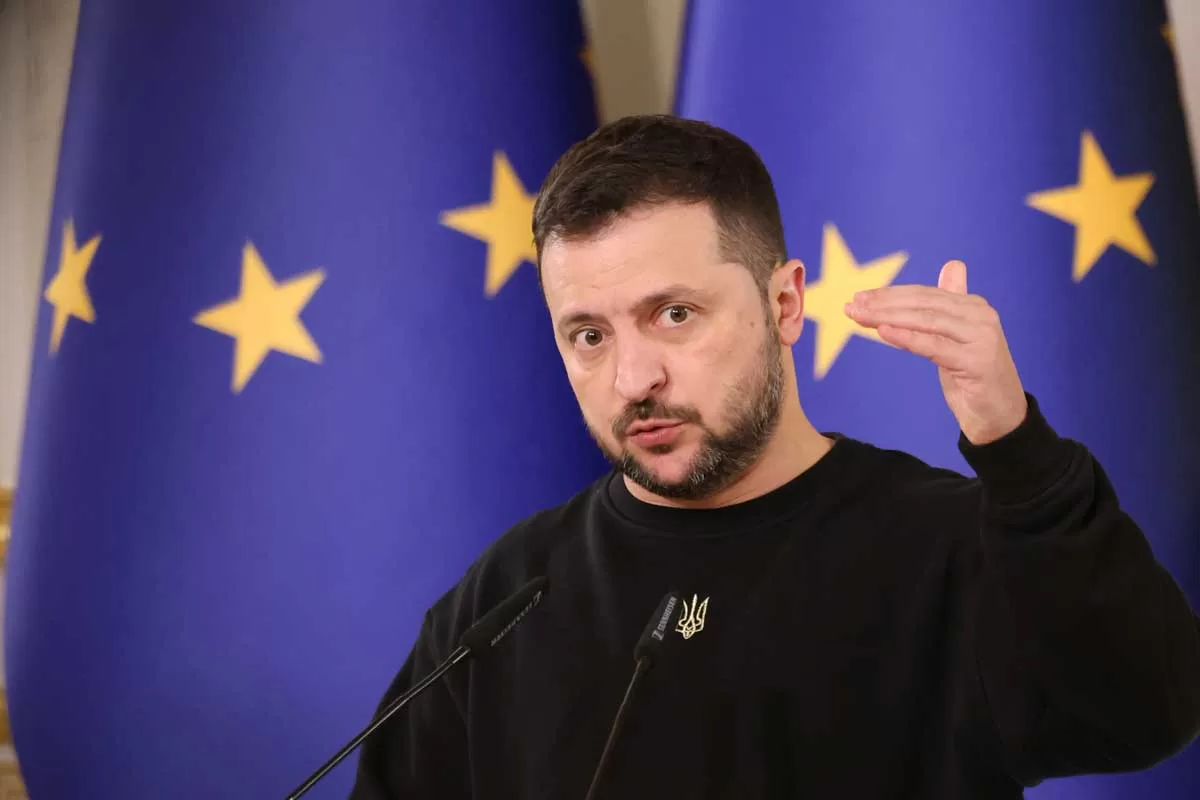Under the EU’s current seven-year budget, that 17% would amount to €190 billion: around €70 to €90 billion would come from the common agricultural policy (CAP) funding, another €50 to €70 billion from the cohesion funds, with the aim of supporting Ukraine’s frail economy. This means almost all other EU member states would become net contributors, with Ukraine becoming the main net beneficiary of the EU, notes Zoltán Kottász, a journalist for The European Conservative.
The question of course is, as the report points out, what kind of Ukraine would join the EU: how large would its territory be and how many people would live in it following a potential peace deal with Russia? The only current EU member state that has pointed out the obvious is Hungary: Ukraine is still at war and therefore cannot start accession negotiations with the EU.
Hungarian Prime Minister Viktor Orbán is adamant that his country will block any attempts to approve the start of entry negotiations or release new funds for Ukraine at the summit of EU leaders this Thursday and Friday, December 14-15. According to diplomats speaking to Politico, an attempt to find a solution on the matter at the EU ambassadors’ special meeting failed; Hungary is not budging. Any decision to proceed has to be unanimous.
Hungary has declined to send weapons to Ukraine and has been critical of EU sanctions against Russia, instead calling for peace talks to begin. The Orbán government has also made it clear it would veto Ukraine’s EU or NATO accession until the rights of the ethnic Hungarian minority in Ukraine are being abused. Orbán has also said Ukraine is too corrupt and not ready to join the EU.
While Hungary has welcomed hundreds of thousands of Ukrainian refugees and sent humanitarian aid to its neighbour, it is upset with hostile moves by Ukraine such as a lawsuit against Central European nations—including Hungary—that have banned the imports of Ukrainian grain to protect their own farmers. It is no wonder that, according to a recent opinion poll by the Hungarian Századvég Institute, 72% of Hungarians oppose Ukraine’s membership of the EU—up 9% points from a similar survey in September.
Viktor Orbán previously wrote in a letter to Charles Michel, President of the European Council, that an “urgent discussion” is needed on the European Union’s overall strategy on Ukraine. But it is not just Orbán who is weary of the continuous funding of Ukraine, with the war at a stalemate and no end in sight. As we previously reported, the new Slovakian government is also calling for peace talks, while larger countries, such as Germany, are not committed to the long-term funding of the war.
